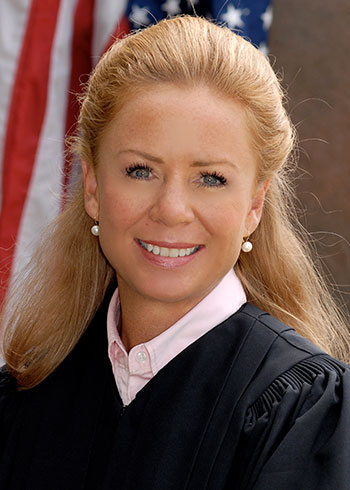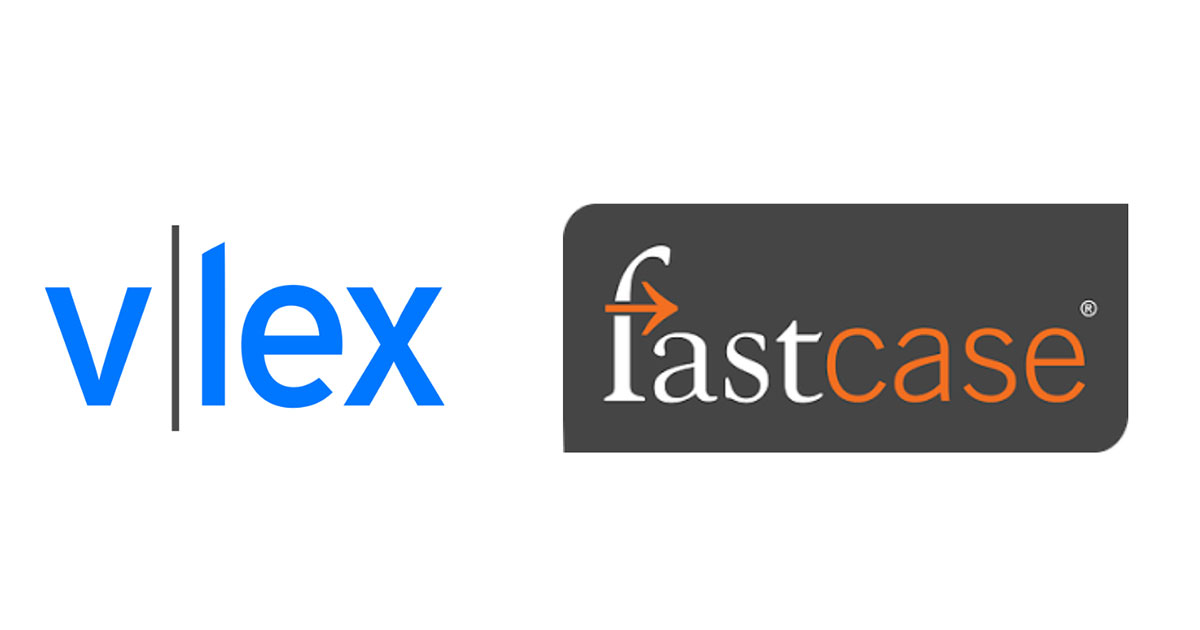
Quotable
“Because of shortages like these, we are faced with consequences of constitutional proportion.”
– Wisconsin Supreme Court Chief Justice Annette Kingsland Ziegler, addressing Wisconsin’s attorney shortage in her 2024 State of the Judiciary Address last month.
Chief Justice Ziegler noted that an Attorney Retention and Recruitment Committee was formed last June at the request of the state’s chief judges.
“Over the course of several brainstorming sessions, the group has explored overall trends impacting rural attorney availability and has reviewed approaches employed in some other states to improve the supply of attorneys in rural and less populated areas,” Chief Justice Ziegler said.
“In addition to discussing law school enrollment and post-law school employment trends, the group has learned about some promising initiatives, including a pilot project through the State Bar of Wisconsin to create more clerkships in rural areas of the state.”
On the Radar
Wisconsin Case Pending before U.S. Supreme Court
The U.S. Supreme Court may examine whether the Wisconsin Labor & Industry Review Commission violated the First Amendment’s religion clauses when it denied a tax exemption to a religious organization on the basis that the organization does not meet the state’s criteria for religious behavior.
As of press time, a petition for writ of certiorari was pending in Catholic Charities Bureau Inc. v. Wisconsin Labor & Industry Review Commission.
Earlier this year, the Wisconsin Supreme Court (4-3) ruled that charitable sub-entities of the Roman Catholic Church did not qualify for an unemployment compensation tax exemption because their activities were secular, that is, they were not “operated primarily for religious purposes.”
The charitable sub-entities, including Catholic Charities, appealed directly to the U.S. Supreme Court, noting a split between state courts that have addressed the issue.
“Four states look to the sincerity of the entity’s religious beliefs to decide whether it qualifies for the religious purposes exemption, thus avoiding constitutional questions,” the petition states.
“Four other states, now including Wisconsin, instead determine ‘religious purpose’ based on an assessment of whether a religious organization’s charitable activities are ‘typical’ of religion or ‘objective[ly]’ religious.”
Spotlight
vLex Fastcase is Here

State Bar of Wisconsin members know Fastcase as a legal research tool, accessible as a member benefit, for primary and secondary law resources.
Now State Bar Fastcase users have access to enhanced artificial intelligence through a merger with a global leader in legal intelligence, vLex Group.
A key feature of this enhanced service is the Cert citator, which flags negative treatment and other citations to cases. Cert goes beyond Fastcase’s previous citation service, Bad Law Bot, by offering editorial oversight, improving accuracy and delivering more comprehensive legal research.
Also included are advanced capabilities from Vincent AI, the award-winning research assistant from vLex.
State Bar members will benefit from automated headnotes, case summaries, and Vincent’s ability to identify similar legal documents.
Premium features, such as 50-state surveys and argument drafting, are available via subscription.
Members can also save frequently used documents for future reference and receive alerts on the latest legal updates affecting their practice areas.
For small and solo practices in Wisconsin, this provides an incredible opportunity to leverage some of the same technology used by larger firms, leveling the playing field.
With vLex Fastcase and Vincent AI, firms can increase efficiency and competitiveness, keeping costs down while enhancing the quality of service to clients.
Got a Nugget to Share?
Send your ideas for interesting facts, trends, tips, or other bits and bytes to wislawmag@wisbar.org, or comment below.
Did You Know?
Lawyers in the Legislature, 2025-26 Session
As a result of the 2024 fall election, the Wisconsin State Assembly will have one fewer lawyer-legislator in its ranks, at six total, for the 2025-26 legislative session.
The lawyer-legislators in the State Assembly are Andrew Hysell (D-Sun Prairie), Brent Jacobson (R-Mosinee), Thaddeus “Tip” McGuire (D-Kenosha), Ryan Spaude (D-Green Bay), Ron Tusler (R-Menasha), and Steve Doyle (D-Onalaska).
The number of lawyer-legislators in the Wisconsin State Senate for the 2025-26 session will remain the same, at three. The lawyer-legislators in the State Senate are Kelda Roys (D-Madison), Jodi Habush Sinykin (D-Whitefish Bay), and Eric Wimberger (R-Green Bay).
There will be three Wisconsin attorneys in Congress for the next session: Rep. Bryan Steil (R), Rep. Glenn Grothman (R), and Sen. Tammy Baldwin (D). All three are inactive members of the State Bar of Wisconsin.
By the numbers
1,500
The number of cases from which public defenders in Idaho withdrew in October, after Idaho merged 44 county public defender offices into a single state agency.
The move was designed to address pay disparities across counties, but about 15% of attorneys took a pay cut as a result and started withdrawing from cases.
The withdrawals prompted the Idaho State Bar to issue a formal ethics opinion, addressing whether a lawyer can withdraw from a case if the lawyer’s compensation creates a financial issue for the lawyer.
The ethics opinion says a lawyer may withdraw but must continue representing the client if a tribunal denies the lawyer’s motion to withdraw.
Several legal observers said forcing a lawyer to stay on the case may be necessary to avert harm to the client.
One law school professor and author of three legal ethics books did not agree.
“The lawyer shouldn’t have to continue if they’re getting a pay cut in the middle of a case. They ought to be able to say no,” said Richard Zitri of UC Law San Francisco.
Pamela Metzger, executive director of Southern Methodist University’s Deason Criminal Justice Reform Center, said the real problem is the chronic underfunding of indigent defense.
“You can’t represent a client well if you can’t eat,” Metzger said.
Source: ABA Journal; Idaho State Bar Ethics Opinion 137.
» Cite this article: 97 Wis. Law. 7 (December 2024).
